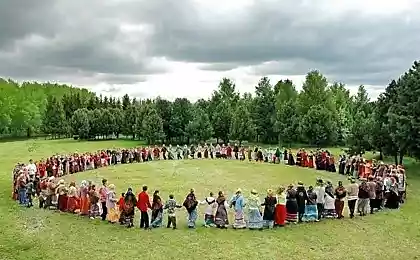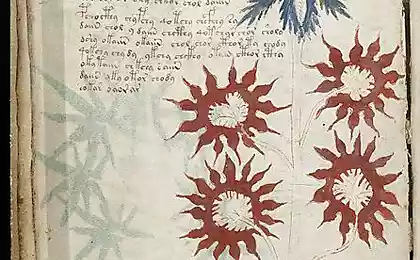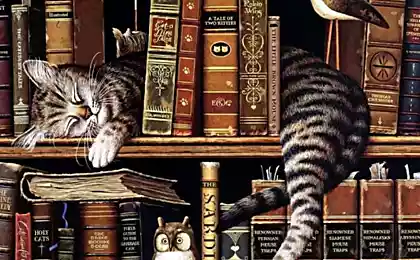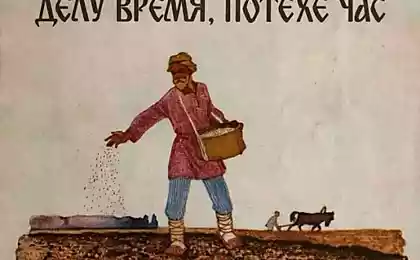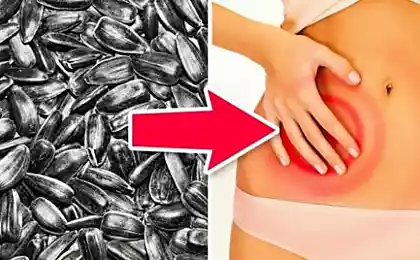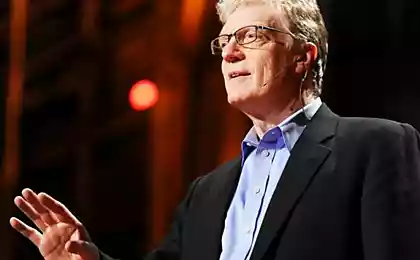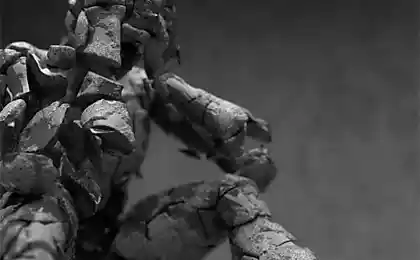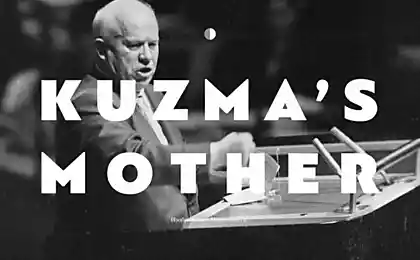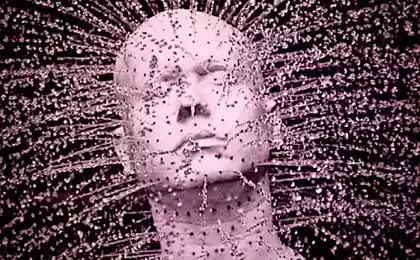748
Where did the word
Top 10 Russian word with an interesting etymology.
We do not often think about how the words we use have arisen, and how their values have changed over time. Meanwhile, the word - it is quite a living being. New words appear virtually every day. Others do not stay in the language, but some remain. Words, like people, have their own history, its own destiny. They may have relatives, a rich pedigree, and, on the contrary, to be orphans. Word can tell us about their nationality, about his parents, about his origins. The study of the history of language and origin of words has been a fascinating science - etymology.
VokzalSlovo comes from the place name «Vauxhall» - a small park and entertainment center near London. The Russian tsar, who visited this place, loved it - especially the railway. Later, he ordered the British engineers to build a small railway from St. Petersburg to his country residence. One of the stations on this section of the railway was named "Station", and the name later became the Russian word for any railway station.
HuliganSlovo bully - English origin. According to one theory, that the surname Houlihan once wore the famous London-based brawler, brought a lot of trouble to the city and the police. Last name became a household name and the word international, characterizing person grossly violating public order.
ApelsinDo the XVI century Europeans generally no concept of oranges had. Russian - even more so. We've oranges do not grow! And then Portuguese sailors brought from China, these balls are a delicious orange. And they began to trade with neighbors. In Dutch "apple» - appel, but "Chinese» - sien. Borrowed from the Dutch word appelsien is a translation of the French phrase Pomme de Chine - «apple from China."
VrachIzvestno that in the old days it was treated with a variety of charms and spells. The ancient witch doctor said the patient something like this: "Go away, a disease in shifting sands in the forest primeval ..." and muttering over zaneduzhivshim different words. According to the doctor - and originally derived from the Slavic word "vrati" which means "to speak", "start talking". Interestingly, this same word is "lie" that our ancestors also meant to "speak." It turns out that in ancient times the doctors lied? Yes, but the word was not originally contained a negative sense.
MoshennikDrevnyaya Russ knew the Turkic word "pocket", because if the money were in special purses - purse. From the word "purse" and produced "fraudster" - the expert in theft of Moson.
RestoranSlovo "restaurant" in French means "strengthen". This name was given in the XVIII century, one of the Parisian restaurants of its visitors after the proprietor Boulanger introduced a number of dishes nutrient broth.
GovnoSlovo "shit" is derived from the Proto-Slavic «govno», which means "cow" and was originally associated only with the cow "cakes". "Govyado" - "cattle", hence the "beef", "beef". By the way, from the same Indo-European root, and the English name of the cow - cow, as well as the shepherd of cows - cowboy. E. The term "shitty cowboy" - not a chance in it - a deep kinship.
NebesaOdna of the versions is that the Russian word for "heaven" comes from "no, no" and "the devil, demons" - literally a place free from evil / demon. However, another interpretation is probably closer to the truth. In most Slavic languages have words similar to "sky", and they have occurred in all probability, from the Latin word "cloud» (nebula).
Slate Soviet Union known manufacturer of rubber slippers was a factory "Polymer" in the Leningrad region Shales. Many buyers believed that embossed on the soles of the word "Shale" is the name of the shoe. Then word came into active vocabulary, and has become a synonym for the word "flip-flops».
GalimatyaV late 17th century French physician Mathieu Ghali patients treated his jokes.
He gained such popularity that did not keep up with all the visits and their healing puns sent by mail.
So there was the word "nonsense", which at that time meant - Healing joke, pun intended.
Dr. immortalized his name, but now this concept has a completely different meaning.
See also: -Where were sayings
-Full Version proverbs
-Zanimatelnaya Typography
via www.adme.ru/articles/zanimatelnaya-tipografika-382705/
We do not often think about how the words we use have arisen, and how their values have changed over time. Meanwhile, the word - it is quite a living being. New words appear virtually every day. Others do not stay in the language, but some remain. Words, like people, have their own history, its own destiny. They may have relatives, a rich pedigree, and, on the contrary, to be orphans. Word can tell us about their nationality, about his parents, about his origins. The study of the history of language and origin of words has been a fascinating science - etymology.
VokzalSlovo comes from the place name «Vauxhall» - a small park and entertainment center near London. The Russian tsar, who visited this place, loved it - especially the railway. Later, he ordered the British engineers to build a small railway from St. Petersburg to his country residence. One of the stations on this section of the railway was named "Station", and the name later became the Russian word for any railway station.
HuliganSlovo bully - English origin. According to one theory, that the surname Houlihan once wore the famous London-based brawler, brought a lot of trouble to the city and the police. Last name became a household name and the word international, characterizing person grossly violating public order.
ApelsinDo the XVI century Europeans generally no concept of oranges had. Russian - even more so. We've oranges do not grow! And then Portuguese sailors brought from China, these balls are a delicious orange. And they began to trade with neighbors. In Dutch "apple» - appel, but "Chinese» - sien. Borrowed from the Dutch word appelsien is a translation of the French phrase Pomme de Chine - «apple from China."
VrachIzvestno that in the old days it was treated with a variety of charms and spells. The ancient witch doctor said the patient something like this: "Go away, a disease in shifting sands in the forest primeval ..." and muttering over zaneduzhivshim different words. According to the doctor - and originally derived from the Slavic word "vrati" which means "to speak", "start talking". Interestingly, this same word is "lie" that our ancestors also meant to "speak." It turns out that in ancient times the doctors lied? Yes, but the word was not originally contained a negative sense.
MoshennikDrevnyaya Russ knew the Turkic word "pocket", because if the money were in special purses - purse. From the word "purse" and produced "fraudster" - the expert in theft of Moson.
RestoranSlovo "restaurant" in French means "strengthen". This name was given in the XVIII century, one of the Parisian restaurants of its visitors after the proprietor Boulanger introduced a number of dishes nutrient broth.
GovnoSlovo "shit" is derived from the Proto-Slavic «govno», which means "cow" and was originally associated only with the cow "cakes". "Govyado" - "cattle", hence the "beef", "beef". By the way, from the same Indo-European root, and the English name of the cow - cow, as well as the shepherd of cows - cowboy. E. The term "shitty cowboy" - not a chance in it - a deep kinship.
NebesaOdna of the versions is that the Russian word for "heaven" comes from "no, no" and "the devil, demons" - literally a place free from evil / demon. However, another interpretation is probably closer to the truth. In most Slavic languages have words similar to "sky", and they have occurred in all probability, from the Latin word "cloud» (nebula).
Slate Soviet Union known manufacturer of rubber slippers was a factory "Polymer" in the Leningrad region Shales. Many buyers believed that embossed on the soles of the word "Shale" is the name of the shoe. Then word came into active vocabulary, and has become a synonym for the word "flip-flops».
GalimatyaV late 17th century French physician Mathieu Ghali patients treated his jokes.
He gained such popularity that did not keep up with all the visits and their healing puns sent by mail.
So there was the word "nonsense", which at that time meant - Healing joke, pun intended.
Dr. immortalized his name, but now this concept has a completely different meaning.
See also: -Where were sayings
-Full Version proverbs
-Zanimatelnaya Typography
via www.adme.ru/articles/zanimatelnaya-tipografika-382705/




